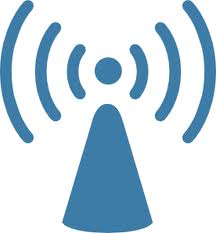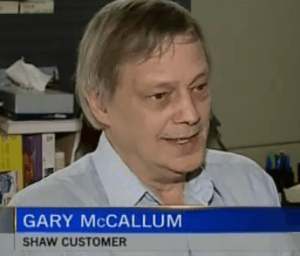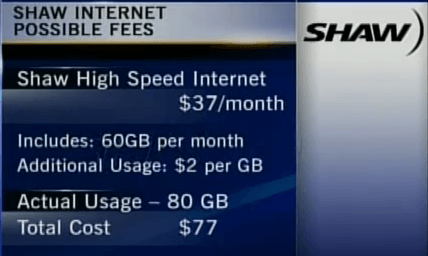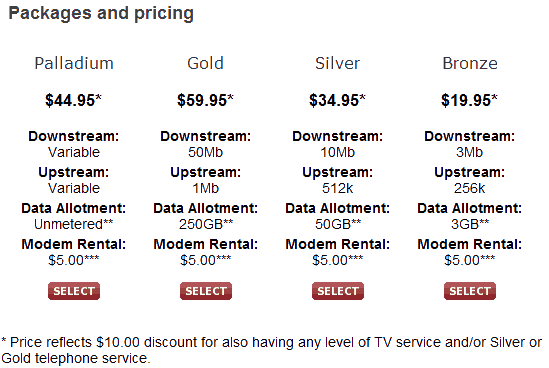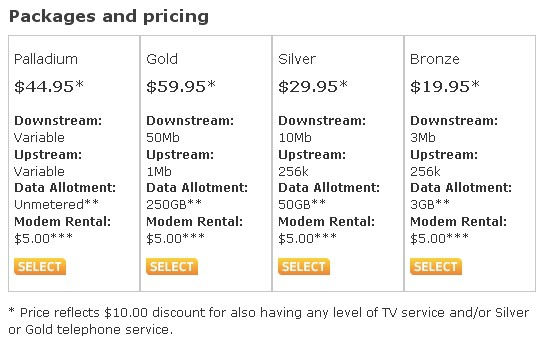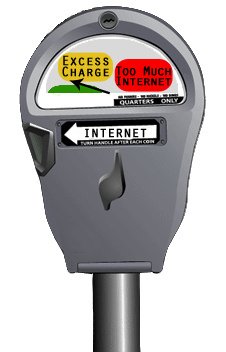 The Vancouver Sun‘s Gillian Shaw reports consumers in British Columbia, Alberta, and beyond are about to pay more for their Internet service, and consumers across Canada are not pleased.
The Vancouver Sun‘s Gillian Shaw reports consumers in British Columbia, Alberta, and beyond are about to pay more for their Internet service, and consumers across Canada are not pleased.
Shaw, who isn’t affiliated with Shaw-the-cable-company, notes changes by a federal regulator could mean the end of unlimited broadband service across the country.
Steve Anderson, founder and national coordinator of the Vancouver-based OpenMedia.ca., which also fights for Net Neutrality protections in the country, thinks “usage-based billing,” a core component of Internet Overcharging, has struck a nerve.
“Bell, Rogers, and Shaw have been given the green light to determine how we pay for Internet,” Anderson tells Shaw. “If this decision goes unchecked, broadband is about to cost much more for Canadians.”
Anderson tells the newspaper more than 40,000 consumers have signed the group’s petition opposing the pricing schemes, and many Canadians are taking the matter to their member of Parliament.
“It is a really interesting grassroots community that has sprung up around this. Basically they said enough is enough. They are drawing a line in the sand and saying ‘we are not going to take this anymore, this is where it stops.’”
Shaw also talked to Stop the Cap! about the pricing schemes:
“We have consumers who pay good money to receive broadband service, now they have to think twice about everything they do online in case they expose themselves to over-limit fees,” said Phillip Dampier.
“How many people measure how much they are using online?” said Dampier. “If you have kids that are teenagers and you are sharing an Internet connection, can you imagine the battles when the bill arrives – ‘Who ran up the bill?’
“If you thought cellphone bill shock was bad, imagine you have two teenagers living at home who are on the Internet all the time.”
Dampier said usage explanations by companies, such as Shaw’s graphic that shows 15 gigabytes of data equals 105,000 emails are useless for the average consumer.
“Shaw says these are generous; that’s all nice, but nobody needs to send out 105,000 emails. But what they do need to do now that Netflix has come to Canada is video streaming and you can blow through these usage limits a lot faster using online video.
“If you have Shaw’s lite service you can get through four movies tops, that’s it — no more emails for you, no web pages, or you can, but watch out, you’ll get a big bill at the end of the month.”


 Subscribe
Subscribe
